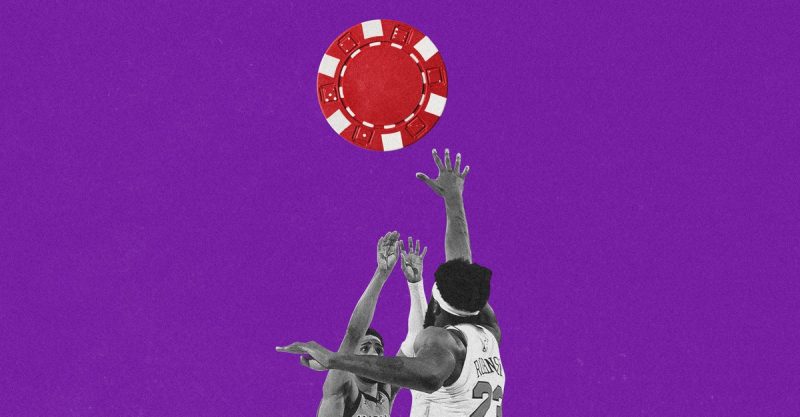
The rise of legalized sports betting in the US has dramatically reshaped the landscape of American sports culture. What was once a niche activity is now a multi-billion dollar industry, seamlessly integrated into our favorite games. During NFL games, for instance, gambling ads now outnumber beer commercials, a stark indicator of the industry’s pervasive influence. Commentators dissect not only team performance but also the point spreads favored by betting apps. This normalization of gambling has led to an alarming increase in participation; nearly half of men under 50 boast an online sportsbook account, contributing to the staggering $150 billion Americans wagered last year.
This surge in sports betting isn’t an isolated phenomenon. Traditional casinos are experiencing a renaissance, attracting a younger demographic than ever before. The average age of casino patrons has dropped significantly since the legalization of sports betting, indicating a broader shift in gambling habits. While concrete data on gambling addiction remains elusive due to a lack of centralized tracking, the potential scale of the problem is deeply concerning. If the rate of addiction mirrors the meteoric rise of sports betting, the US is woefully unprepared to handle the consequences.
The accessibility of online betting platforms further exacerbates the issue. Personalized ads, offering enticing bonuses and free bets, flood our phones, making gambling an ever-present temptation. This aggressive marketing strategy, coupled with the pervasiveness of sports betting in media, creates a fertile ground for addiction to flourish. The normalization of gambling, from casual wagers to high-stakes bets, blurs the lines between entertainment and potentially devastating compulsion.
Experts are sounding the alarm, highlighting the urgent need for comprehensive strategies to address this growing public health crisis. The current infrastructure is inadequate to cope with the scale of the problem, leaving countless individuals vulnerable to the devastating effects of gambling addiction. As sports betting continues its relentless expansion, the crucial question remains: how can we effectively mitigate the risks and protect vulnerable populations from the insidious grip of this pervasive habit?










